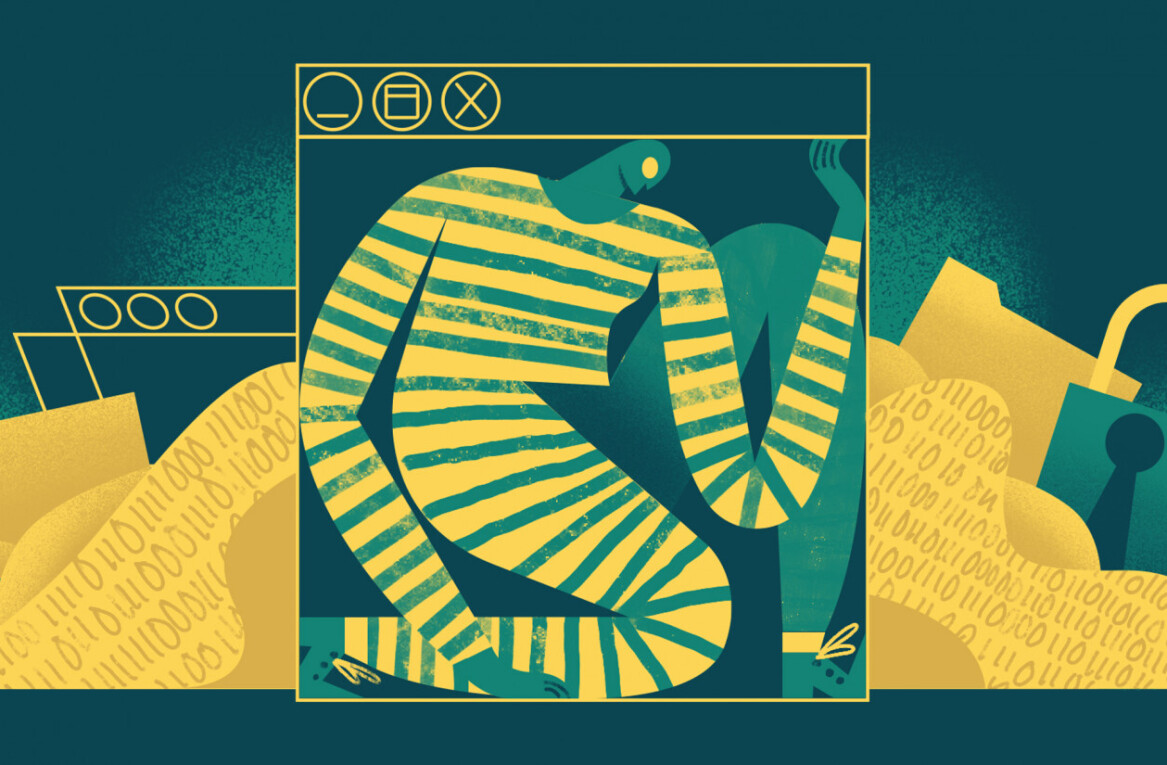
At the Blockchain Africa Conference held in Johannesburg, South Africa, prominent bitcoin and security expert Andreas Antonopoulos criticized banks and technology firms for treating the term “blockchain” as interchangeable with public blockchain networks – bitcoin in particular.
This is highly erroneous because the blockchain is just one of many technologies that supplement the bitcoin network and allow it to function as a decentralized, distributed, and peer-to-peer financial network.
The Bitcoin network consists of various solutions and cryptographic technologies, including Schnorr signatures, advanced elliptic curve applications, and ring signatures. The blockchain merely operates as a database within the Bitcoin and Ethereum blockchain networks; it keeps track of transactions and processes cryptographically secured data in real-time. It is only once all these technologies have coalesced that we have a functioning and actualized Bitcoin network.
“Blockchain is the technology behind bitcoin. Which is incorrect,” Antonopoulos stated.
Blockchain is one of the four foundational technologies behind Bitcoin and it can’t stand alone. But that hasn’t stopped people from trying to sell it. Blockchain is Bitcoin with a haircut and a suit you parade in front of your board. It is the ability to deliver sanitized clean comfortable version of the blockchain of Bitcoin to people who are too terrified of actually disruptive technology.
He emphasized that if major banks, technology companies, or blockchain startups were asked to define the term blockchain or even to just distinguish it from the term database, they would not be able to do so. Antonopoulos went further to argue that “if what you’re doing is a database with signatures, it is not interesting. It is boring.”
A PR stunt by major conglomerates
Research conducted by Lisa Pham of Bloomberg revealed that the market valuation of technology company On-line PLC surged by around 394 percent in the 24-hour period after announcing its plans to develop a blockchain-based platform. Pham stated that the value of the company’s shares increased drastically when the company rebranded to On-line Blockchain plc.
According to her report, in the history of the 21-year-old company, the last recorded surge in its market cap was in 1996.
Earlier this month, another US-based company in Bioptix Inc. also recorded a sudden surge in its shares just prior to the public rebranding of the company as Riot Blockchain Inc. Pham noted that the price of the firm’s shares nearly doubled in value in a relatively short period.
Since January of 2017, the price of bitcoin has increased from $950 to over $7,000. This meteoric rise in its value is evidence of strong global demand for cryptocurrencies. Companies within both the technology and financial sector are adopting blockchain in a bid to create an alternative to Bitcoin.
The long-term goal of such companies is to create a blockchain network to rival public blockchains like Bitcoin and Ethereum, backed by banks.
Recently, several of the leading conglomerates and Fortune 500 financial and technology companies have been criticized for their lack of working commercial blockchain applications. Jamie Burke, CEO & Investor at Outlier Ventures, explained that most of these companies do not have a sustainable business model, a viable infrastructure, or an innovative solution to genuinely commercialize blockchain technology.
“Often it’s just technology looking for a problem with few defensible moats sadly by teams that have little real understanding of the domain they are trying to apply it to,” Burke asserted.
“Maybe some will make a buck for a while. If they are happy being an enterprise software consultancy they can even make a great living.”
Since mid-2015, the financial and technology sectors have poured in billions of dollars into the research, development, and testing of commercial blockchain solutions. The company that has come closest to using blockchain technology to successfully facilitate real-world payments is Ripple – the network recently processed hundreds of millions of dollars for a Swedish bank.
Still, as JPMorgan CEO Jamie Dimon disclosed, major banks settle trillions of dollars worth of payments on a daily basis. A $200 million payment settlement is not sufficient to demonstrate the potential of the blockchain technology. At this phase of development, the blockchain hype is well backed with substantial capital from banks, venture capital firms, angel investors, and technology conglomerates.
Many analysts like Peter Smith, the CEO of Blockchain, the most widely utilized bitcoin wallet platform globally, still maintain that the blockchain could be commercialized in the upcoming years. However, given the current track record of companies building applications around it, it is becoming increasingly difficult consider blockchain a genuinely dynamic technology.
This post was written by Joseph Young for Binary District, an international сollaborative technology community which creates unique competency-based workshops and events on new technologies. Follow them down here:

Get the TNW newsletter
Get the most important tech news in your inbox each week.





